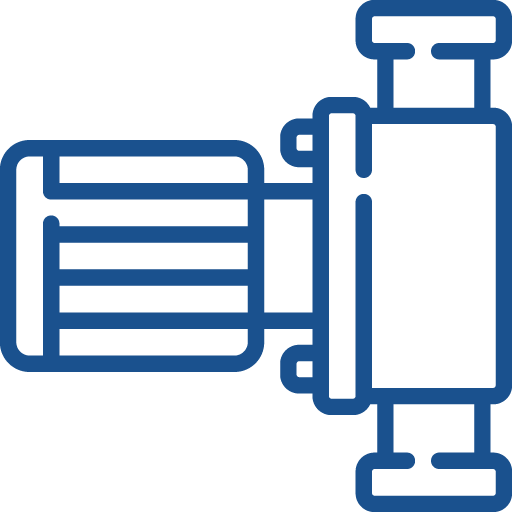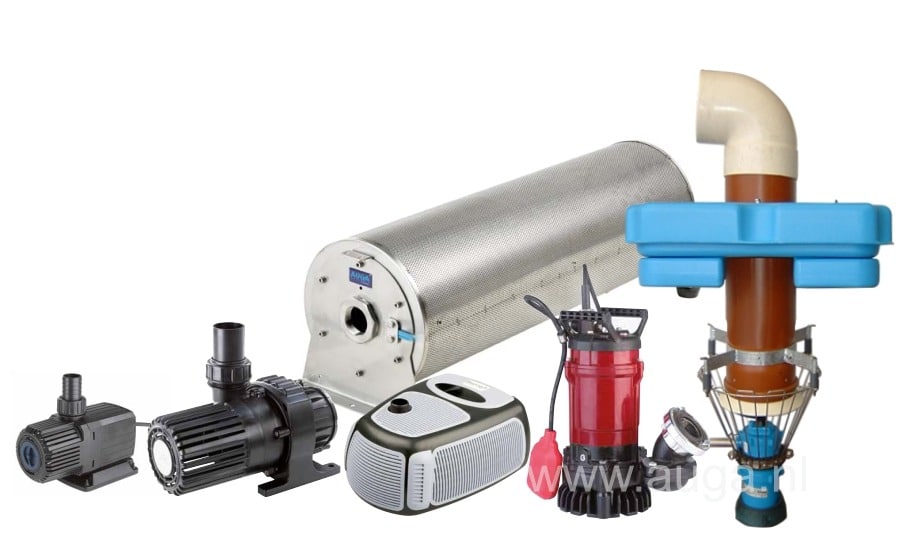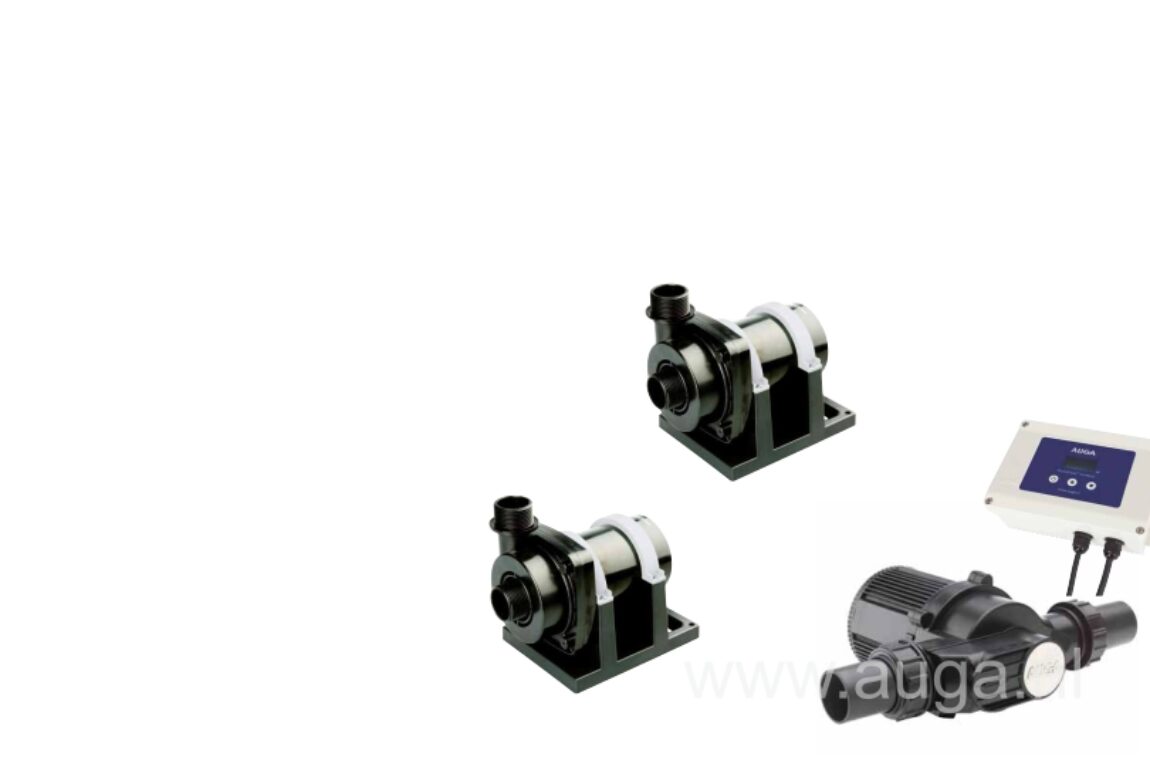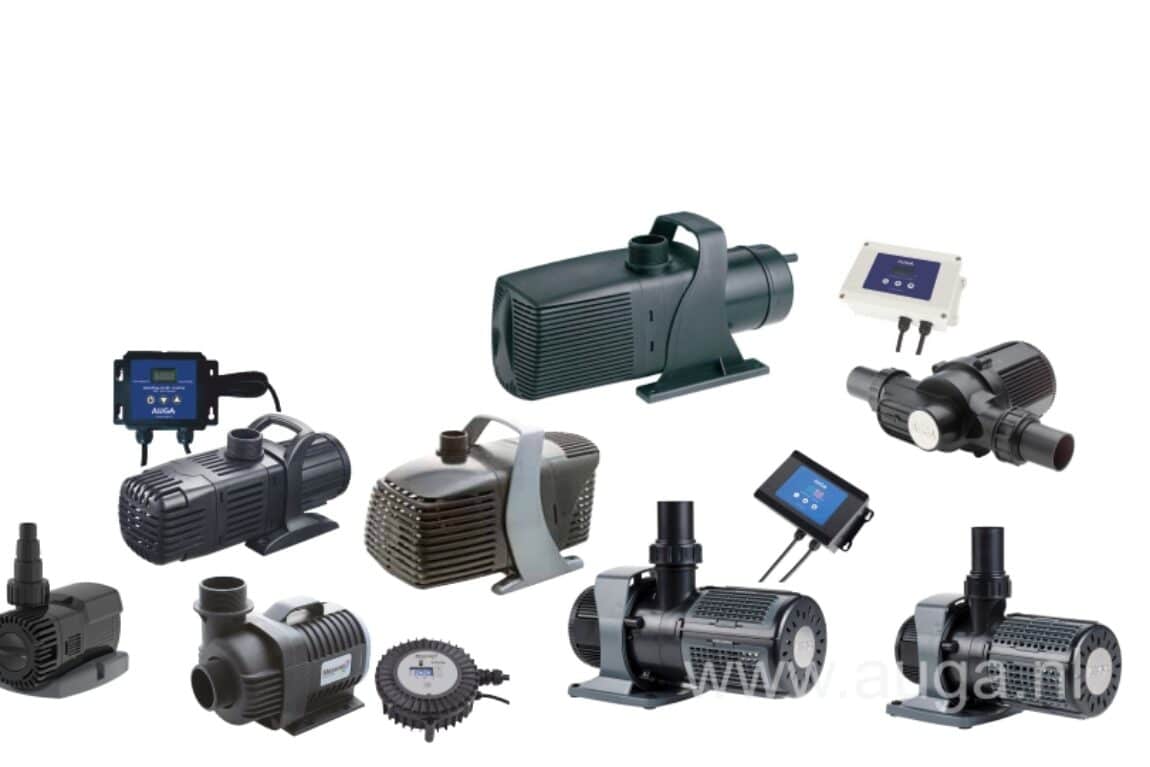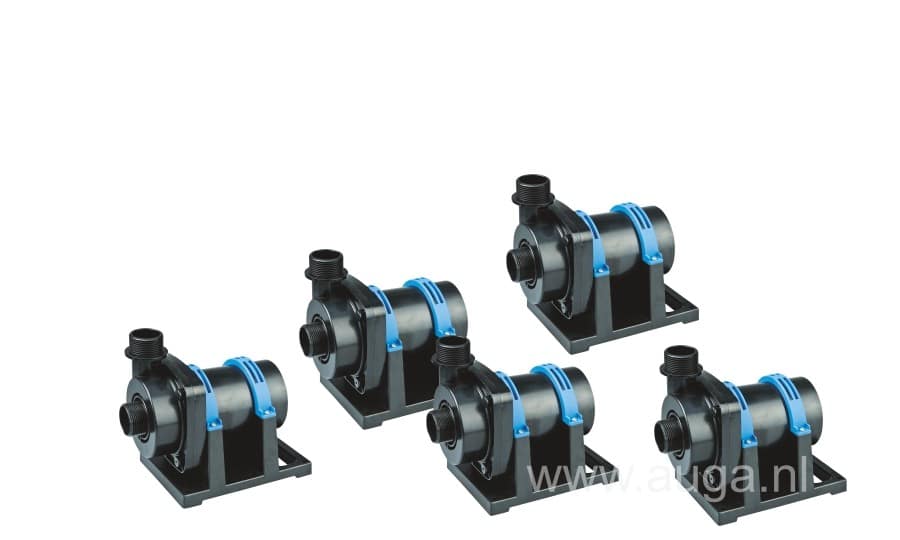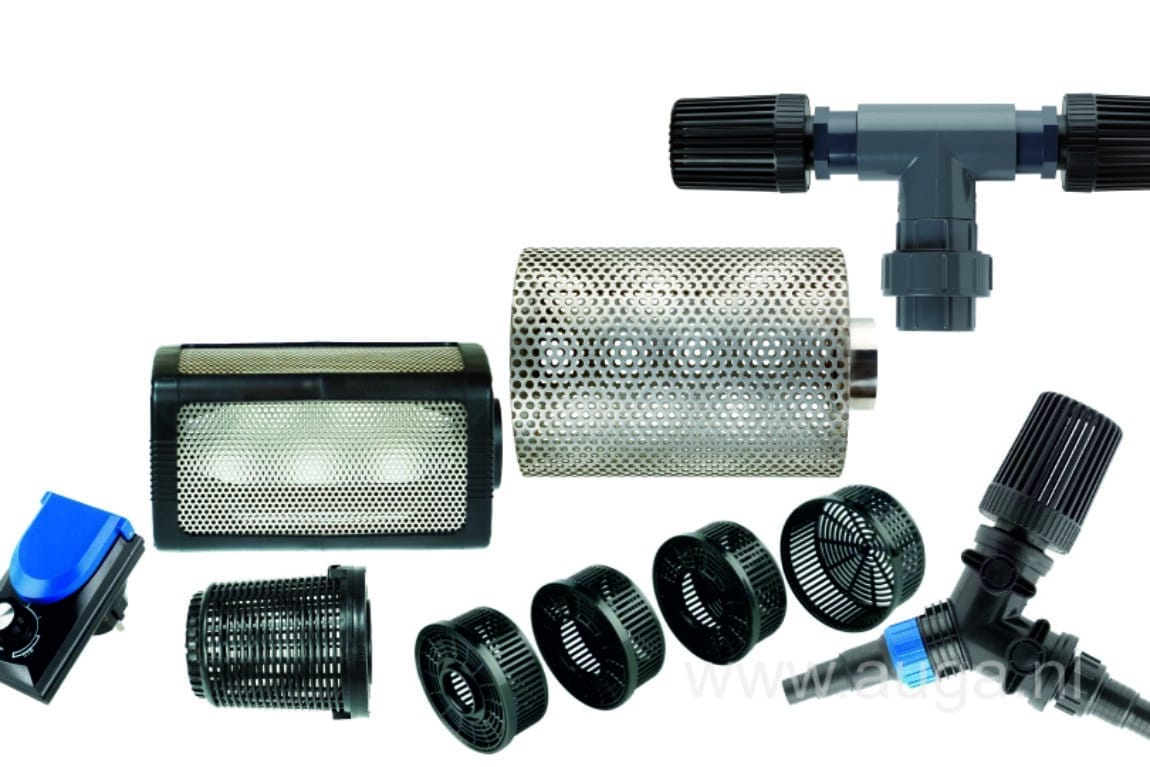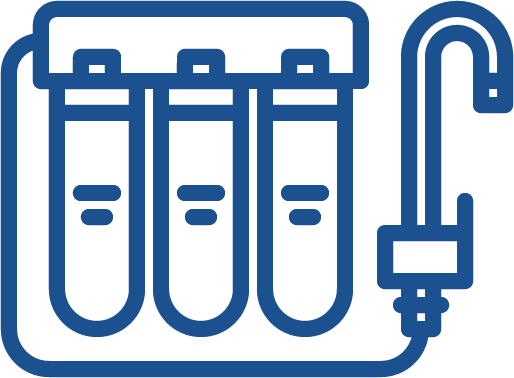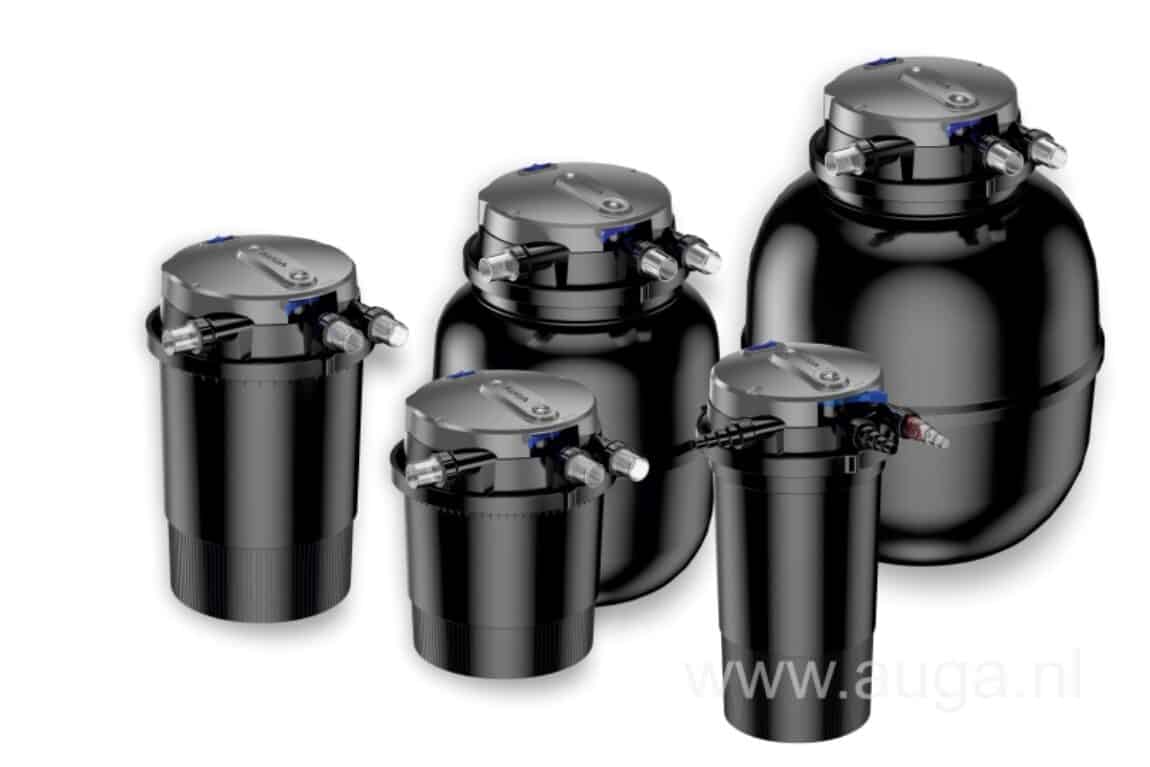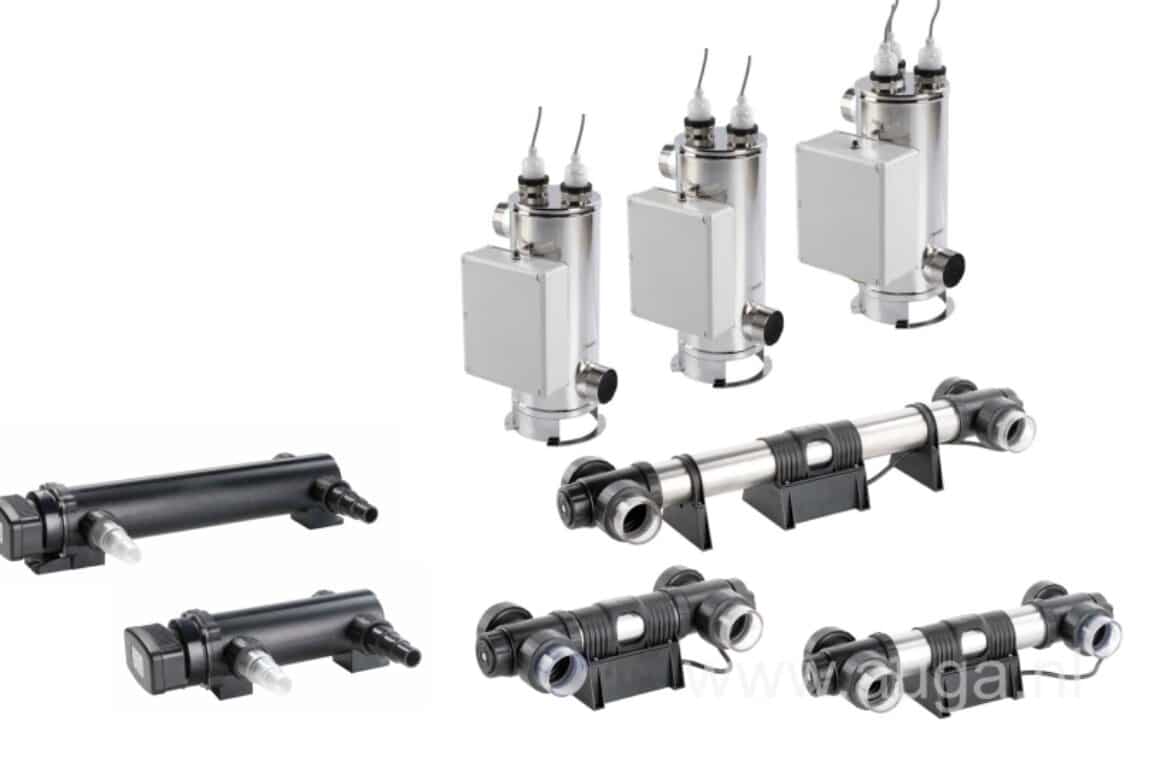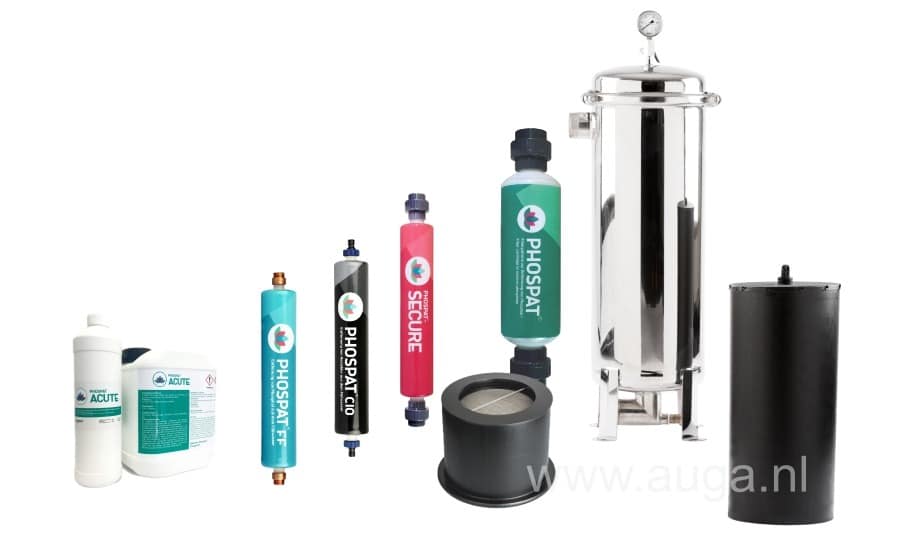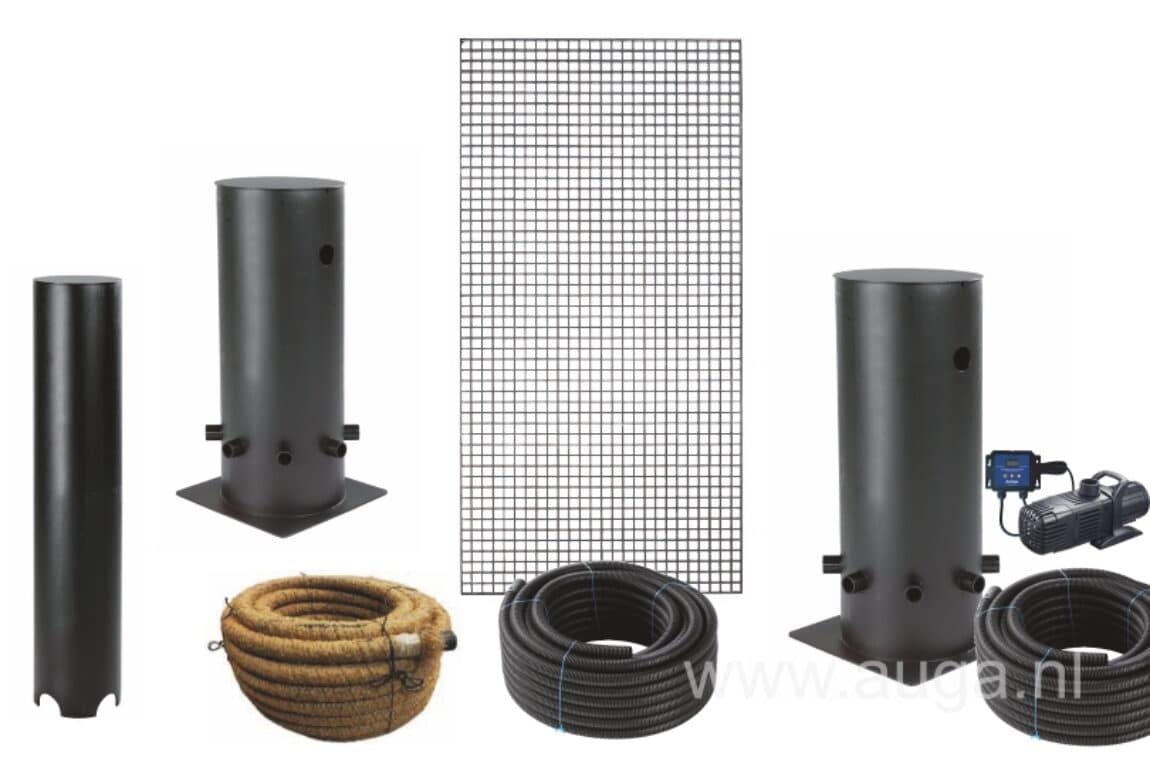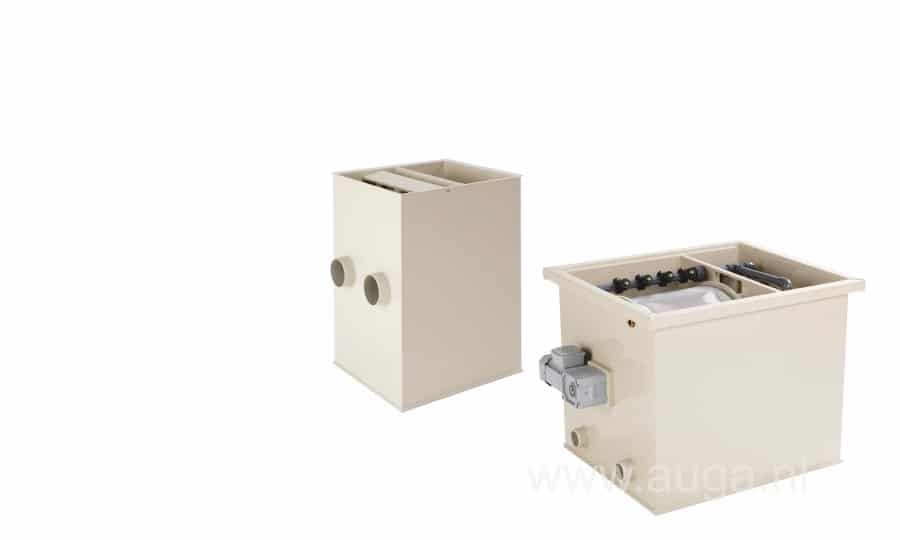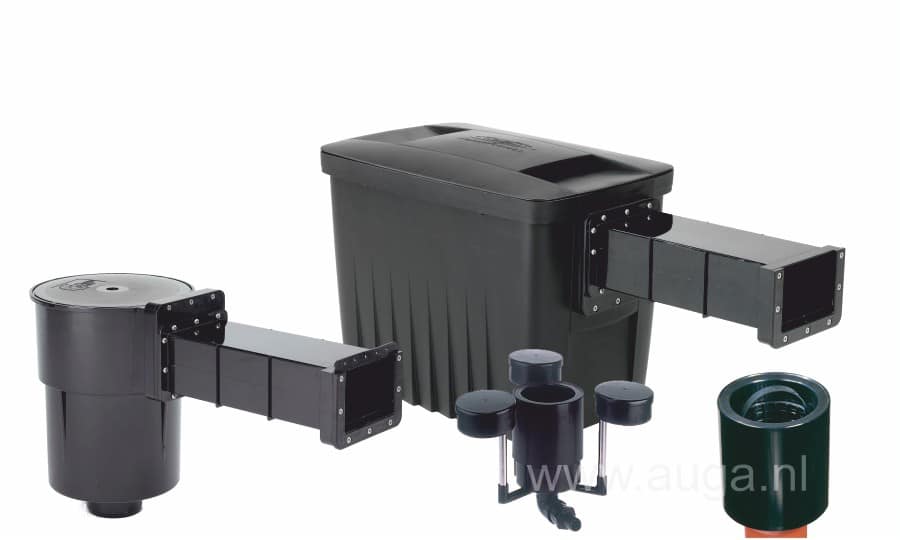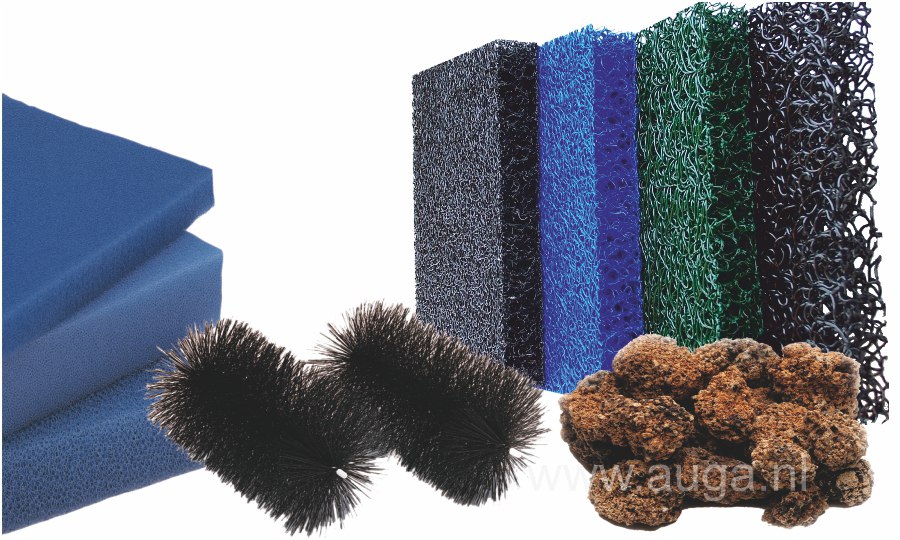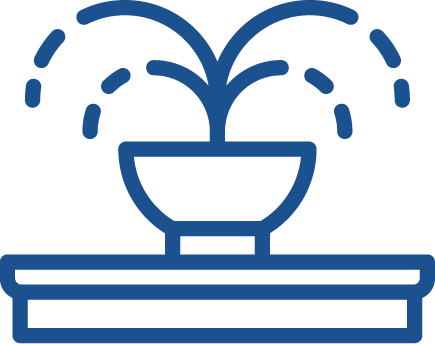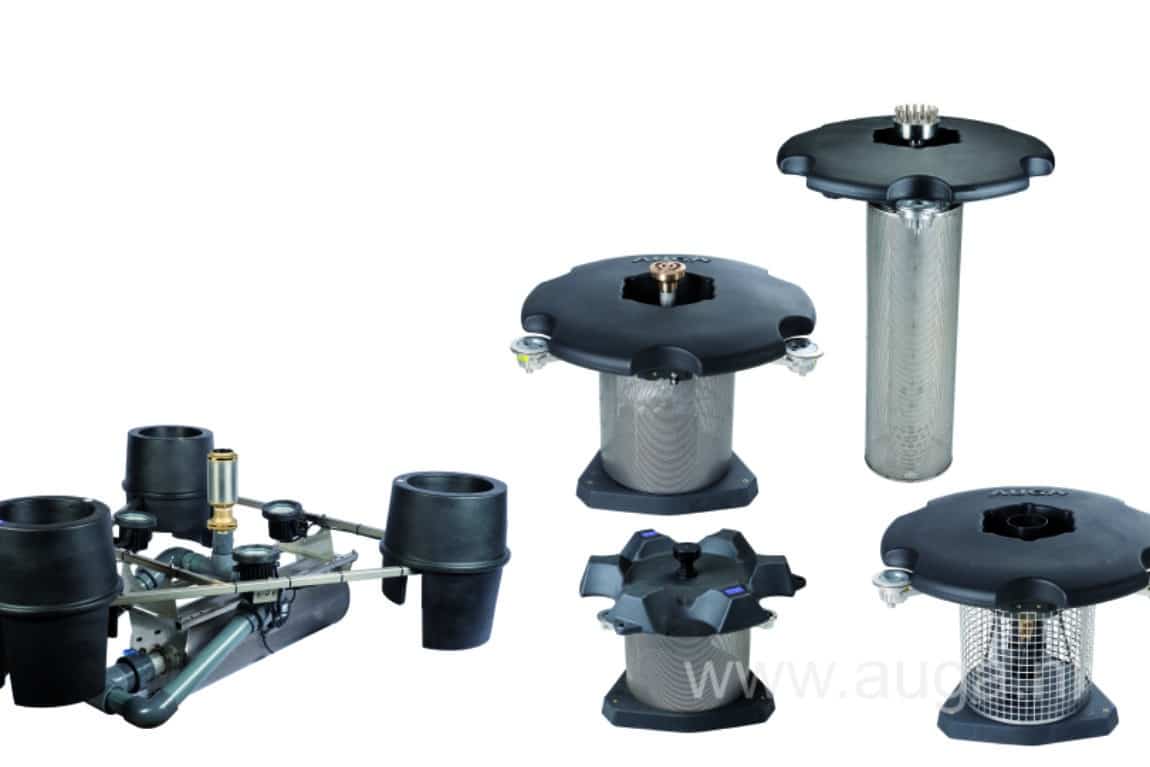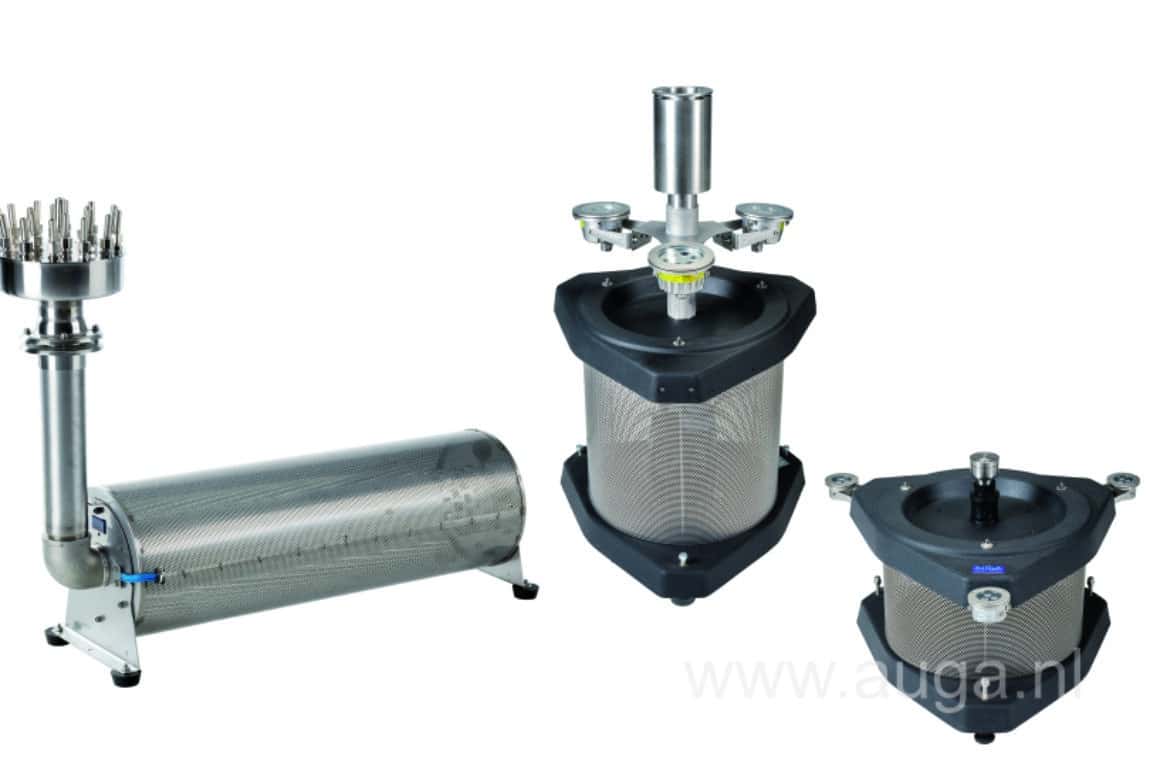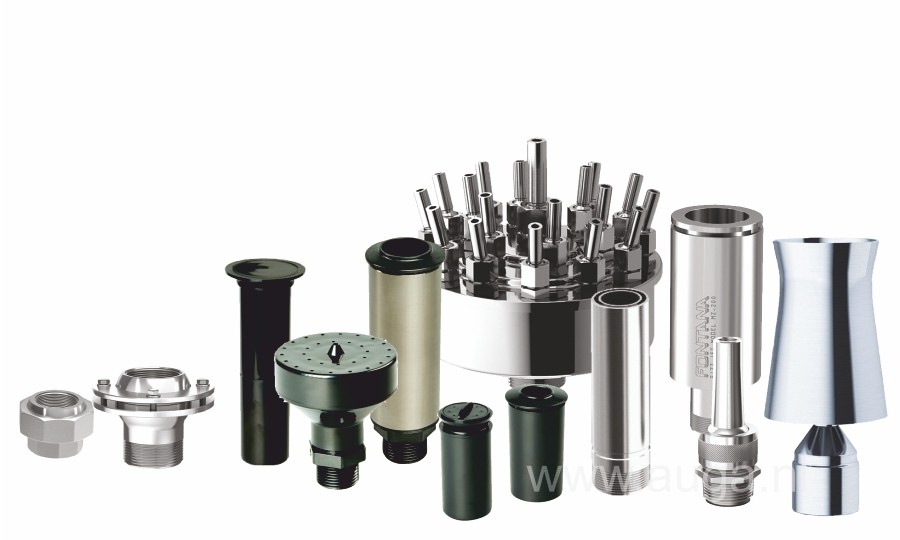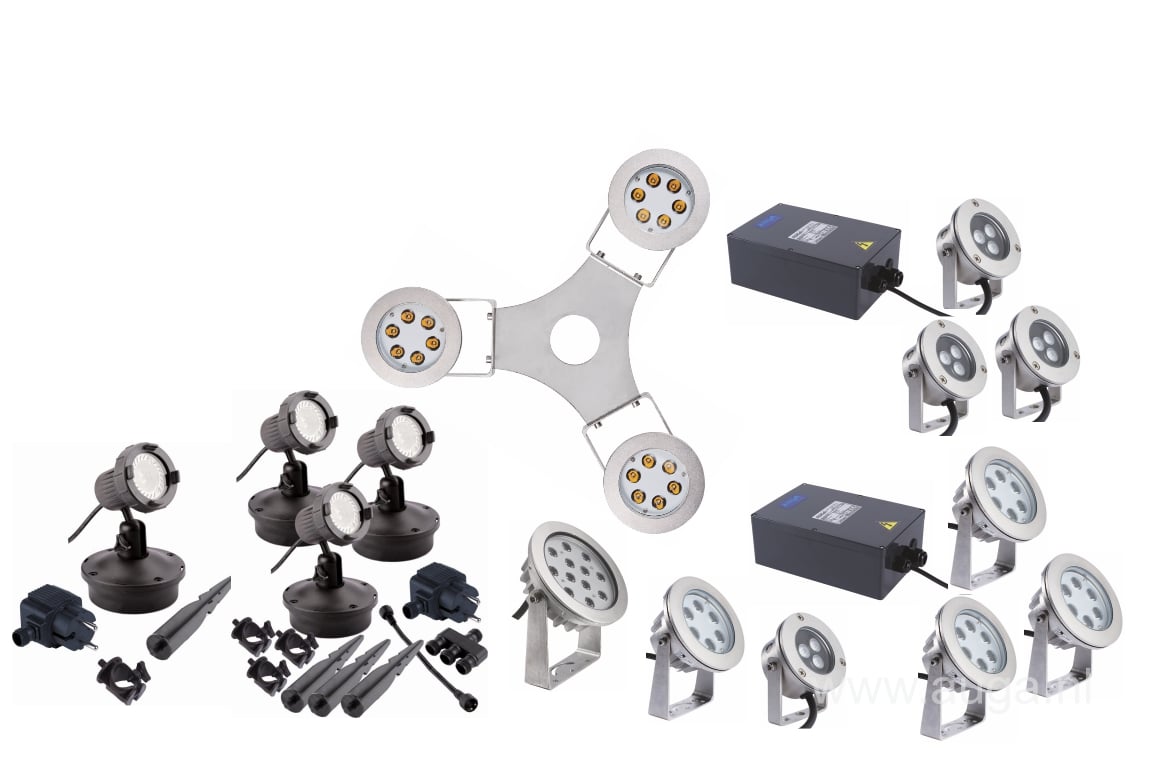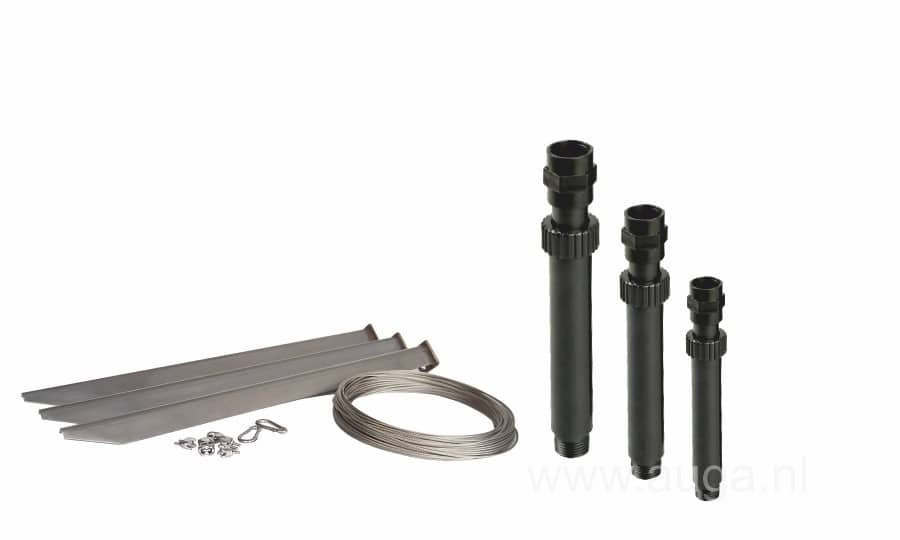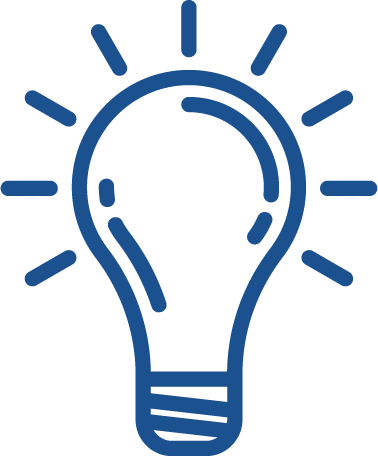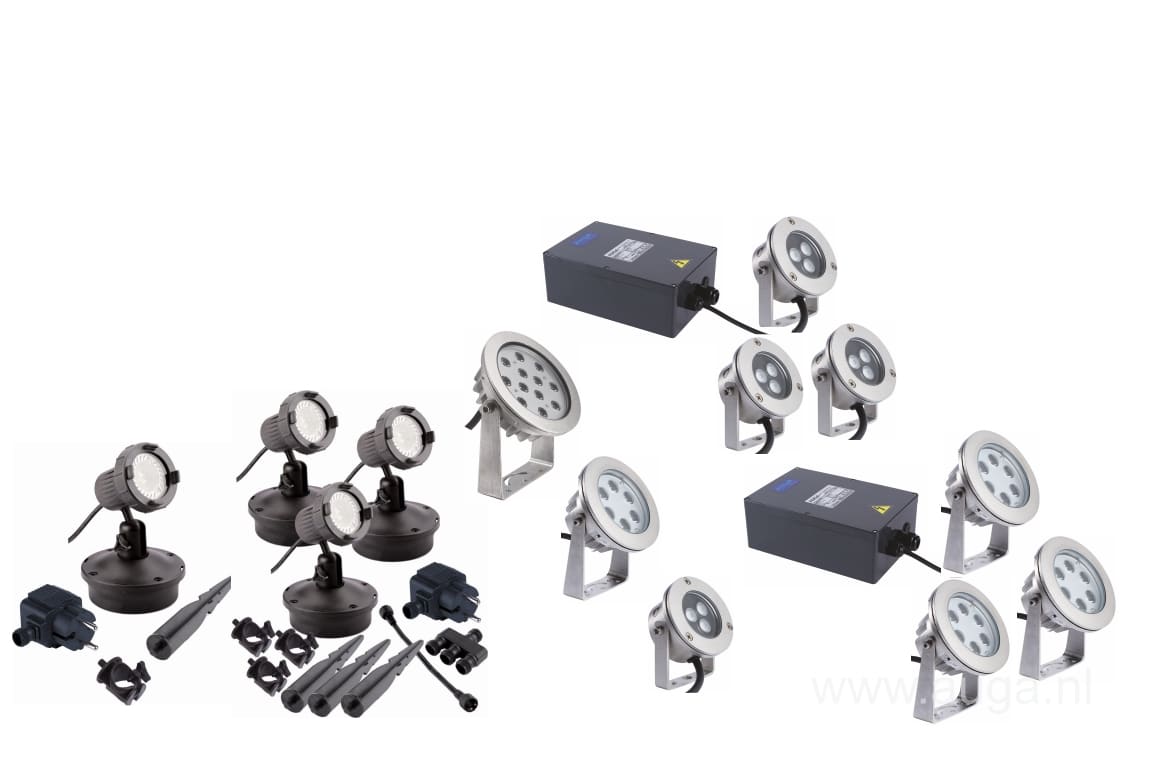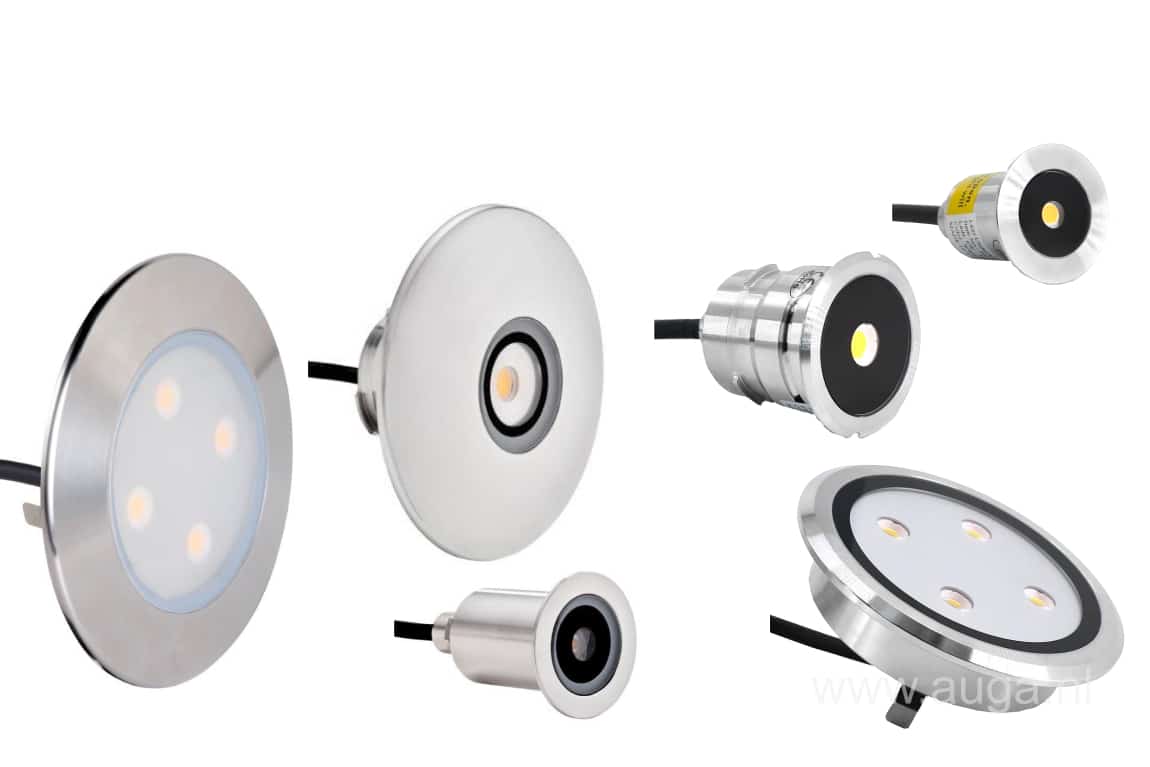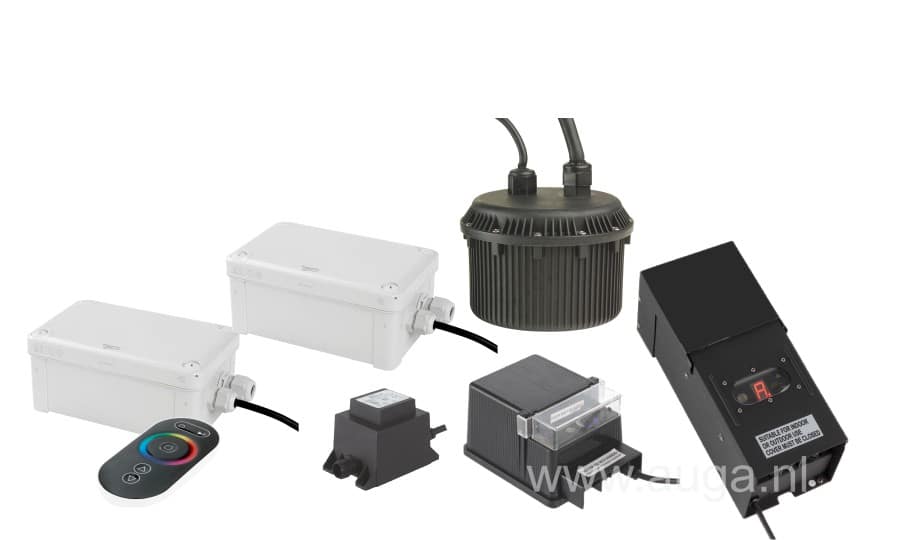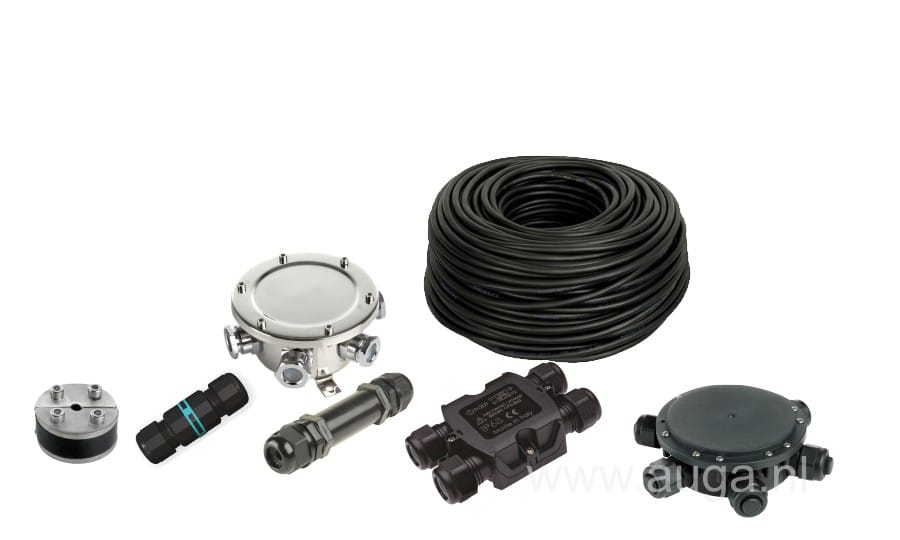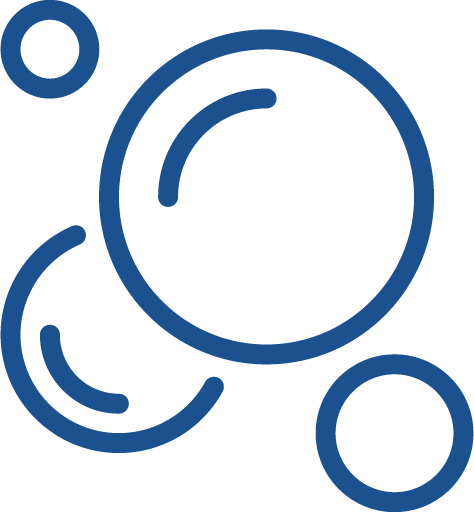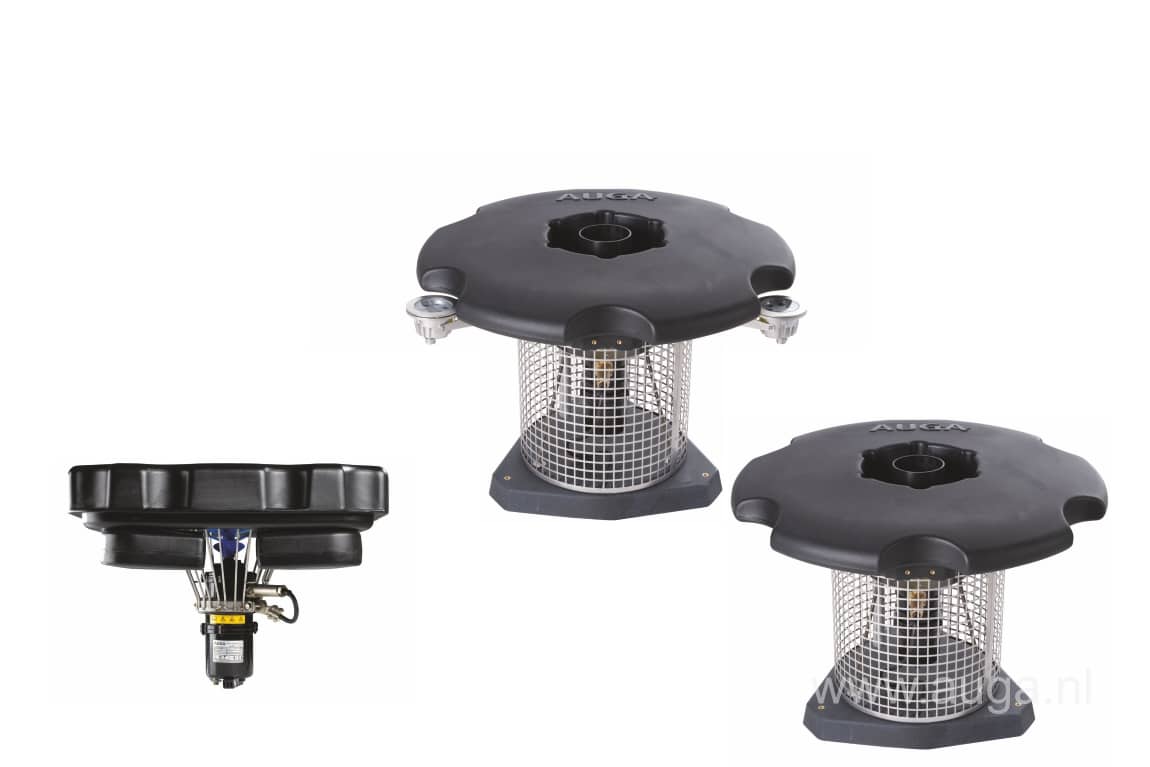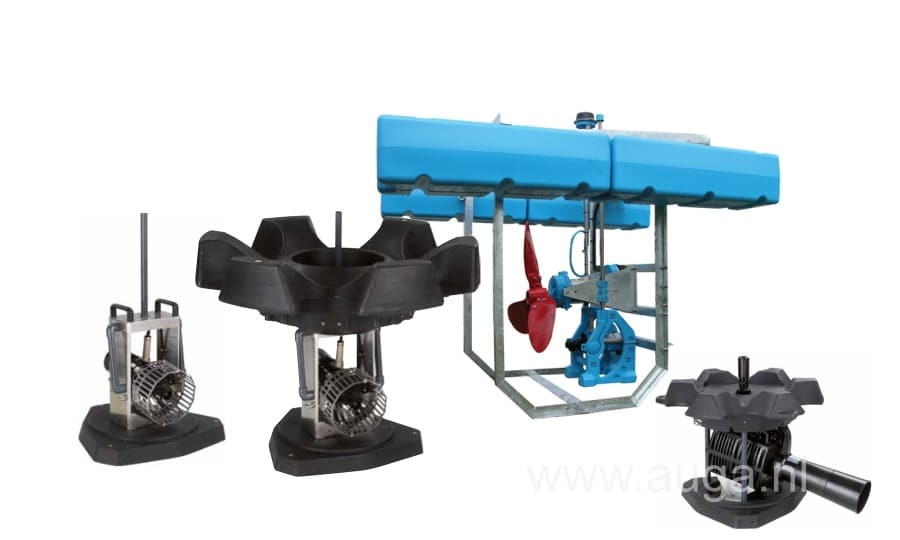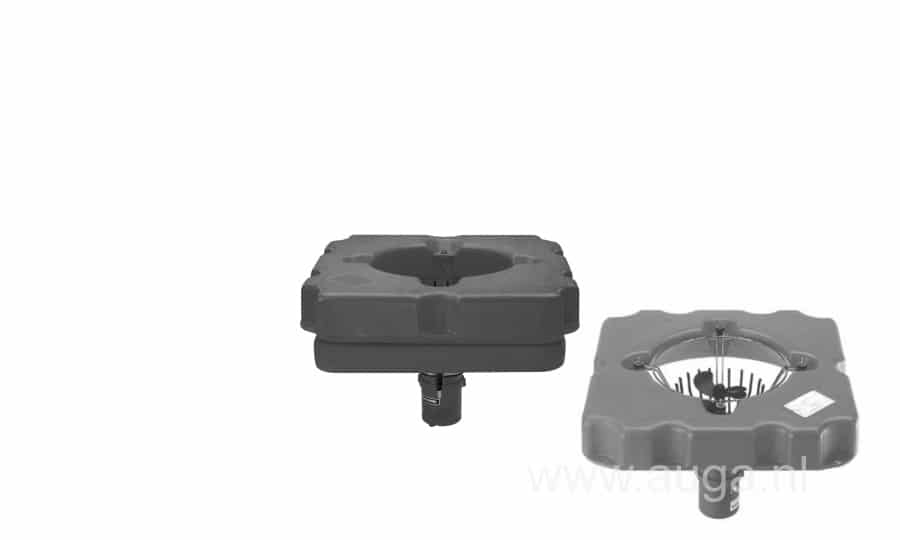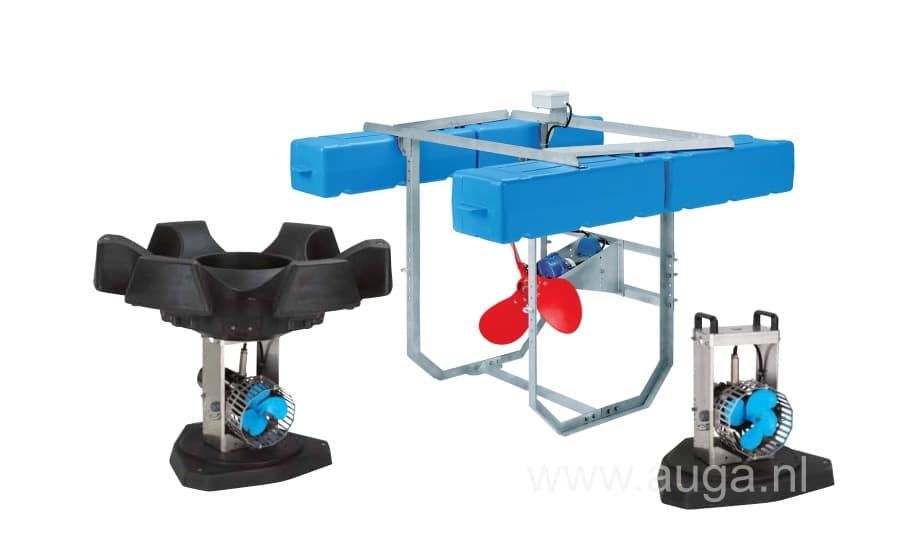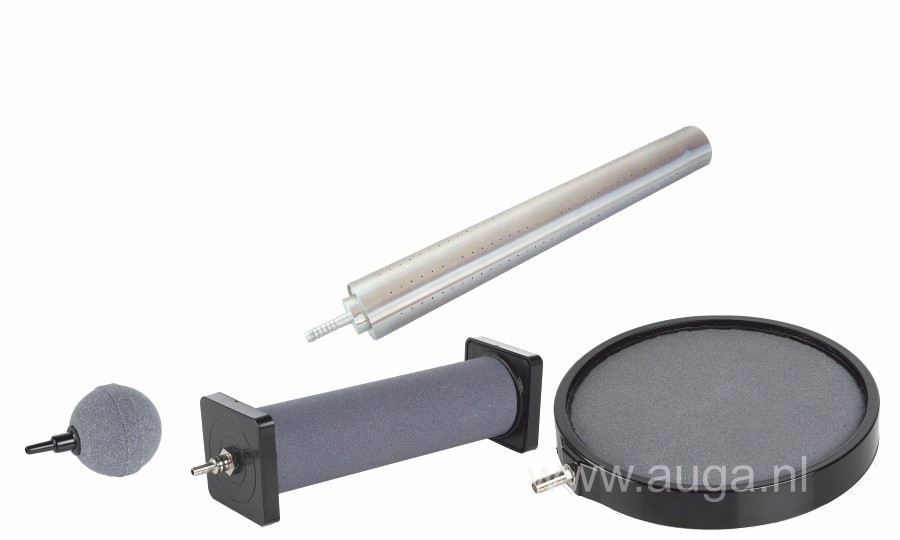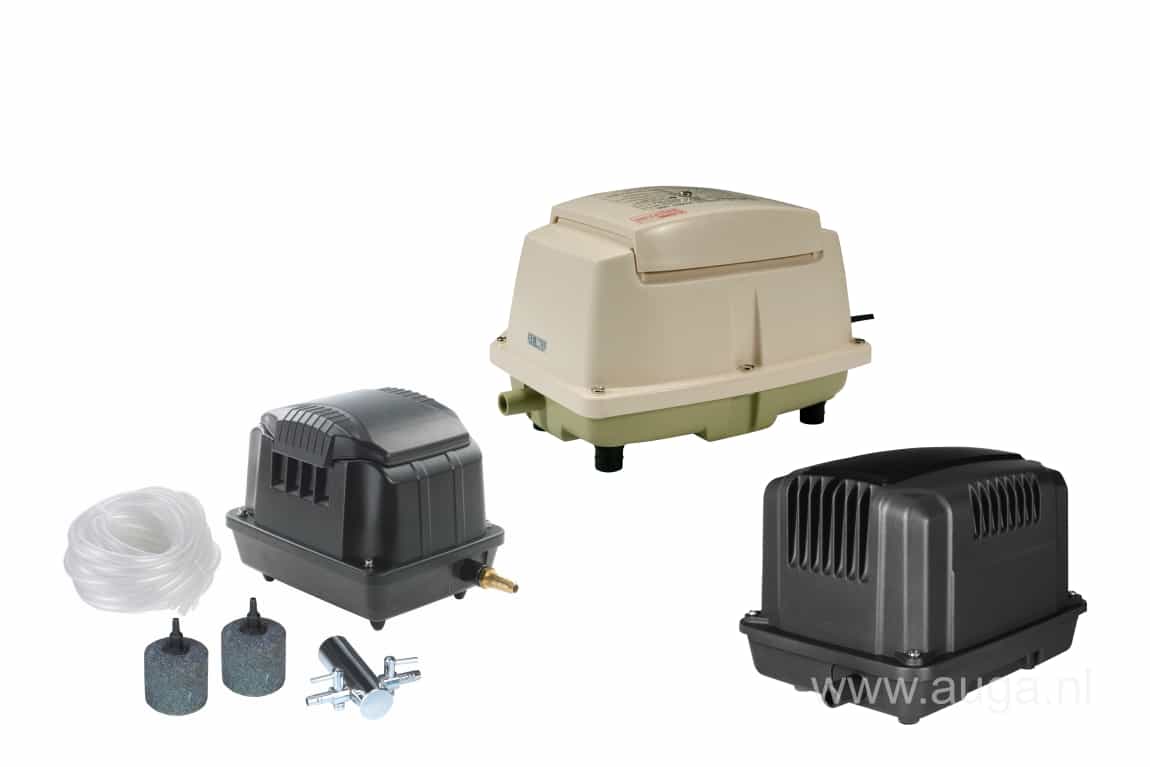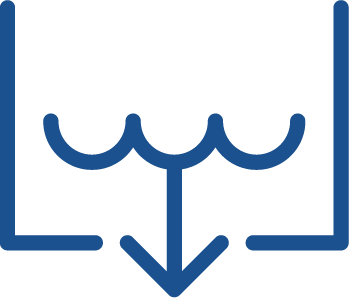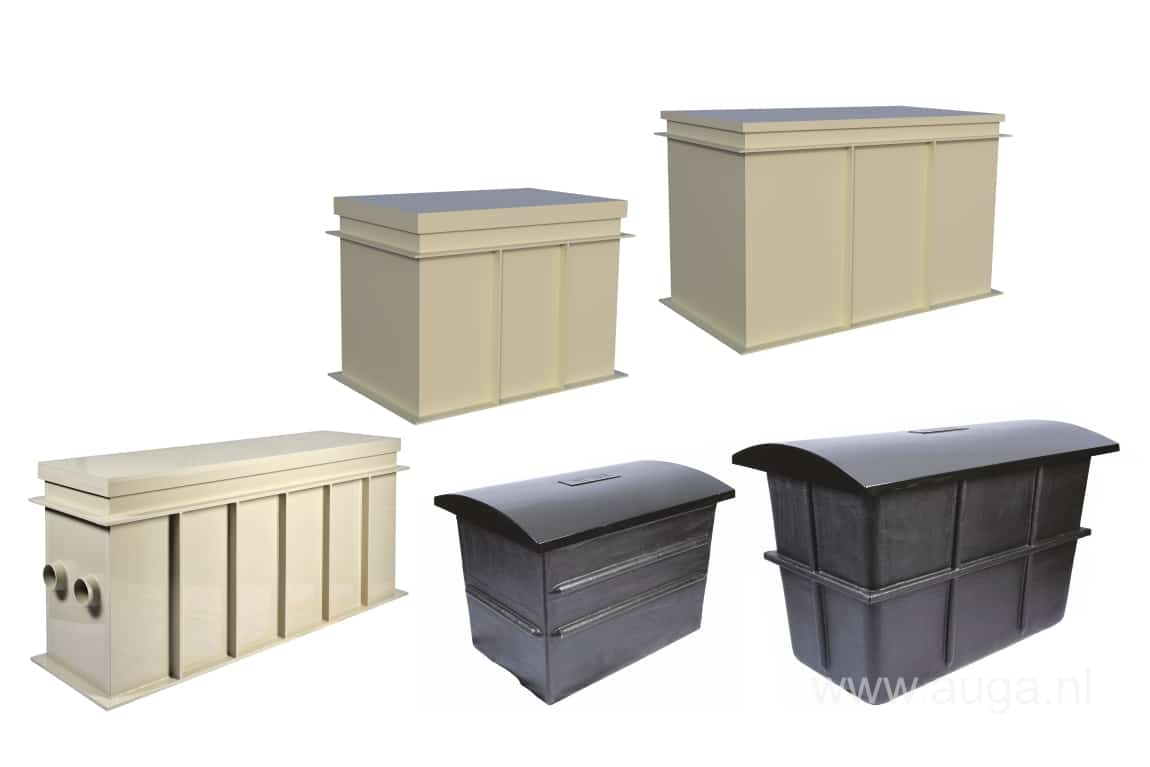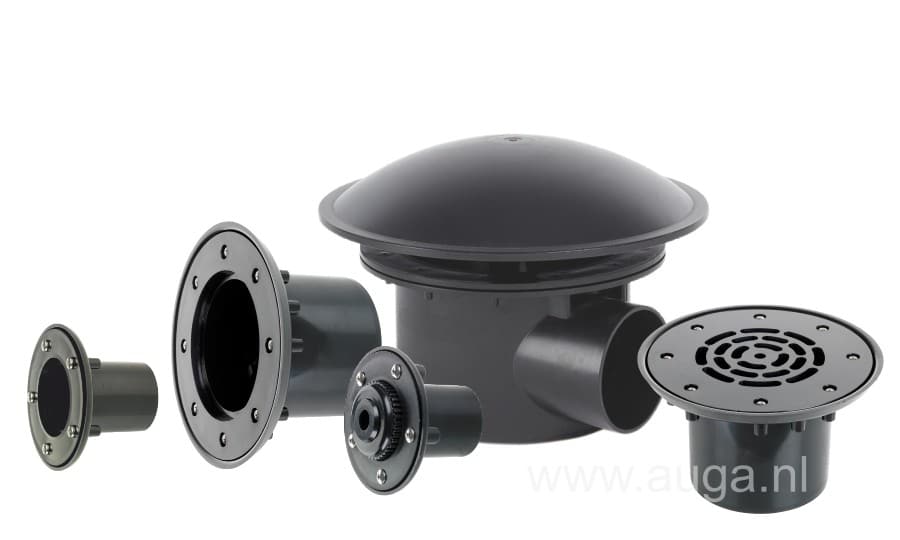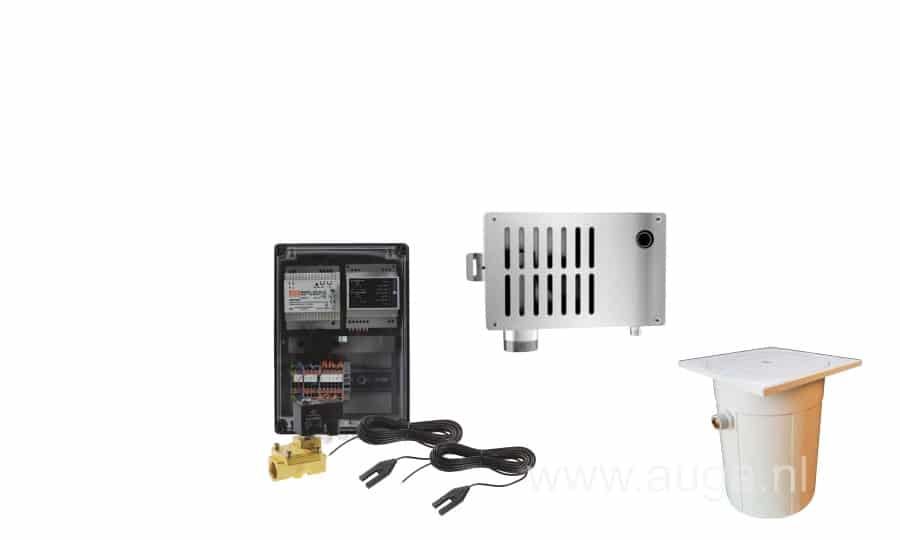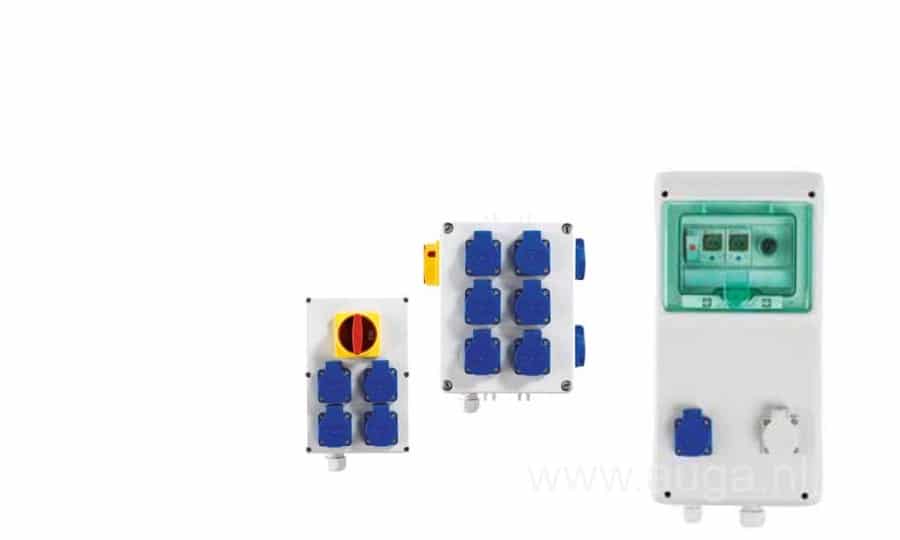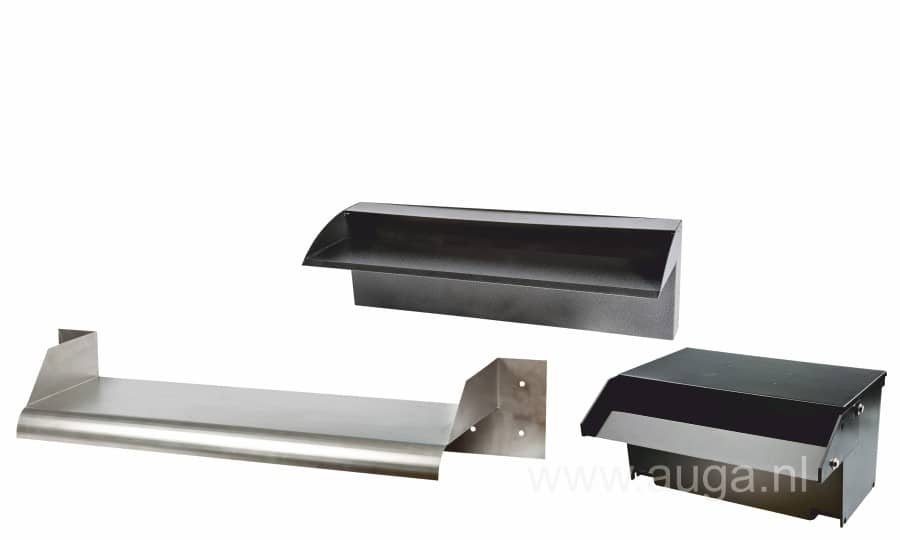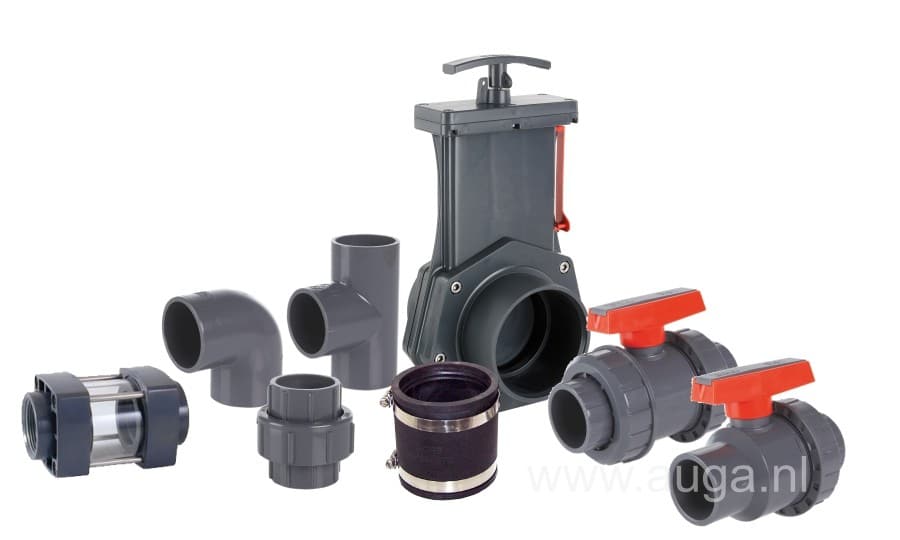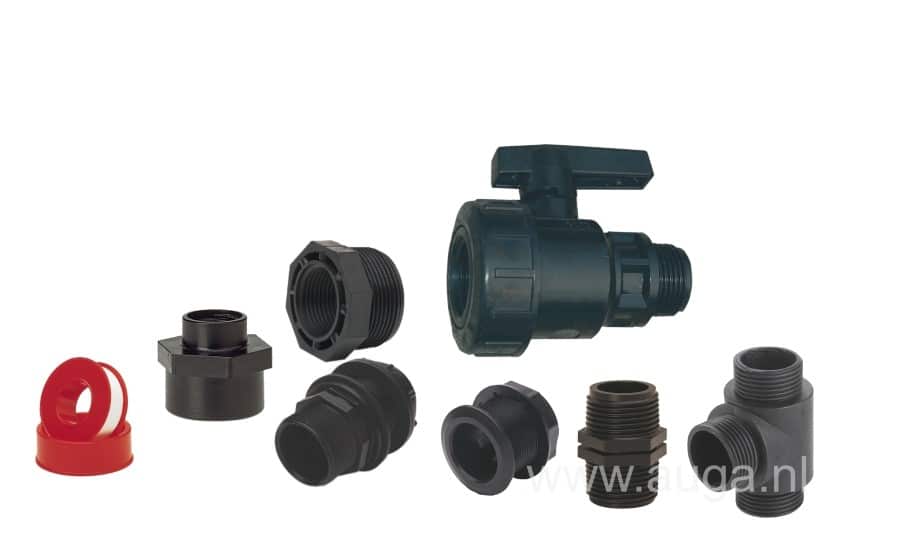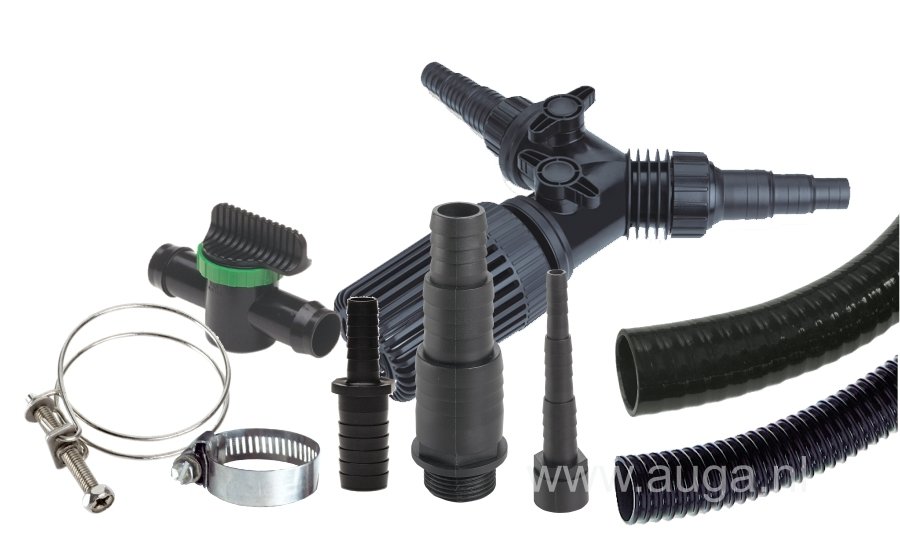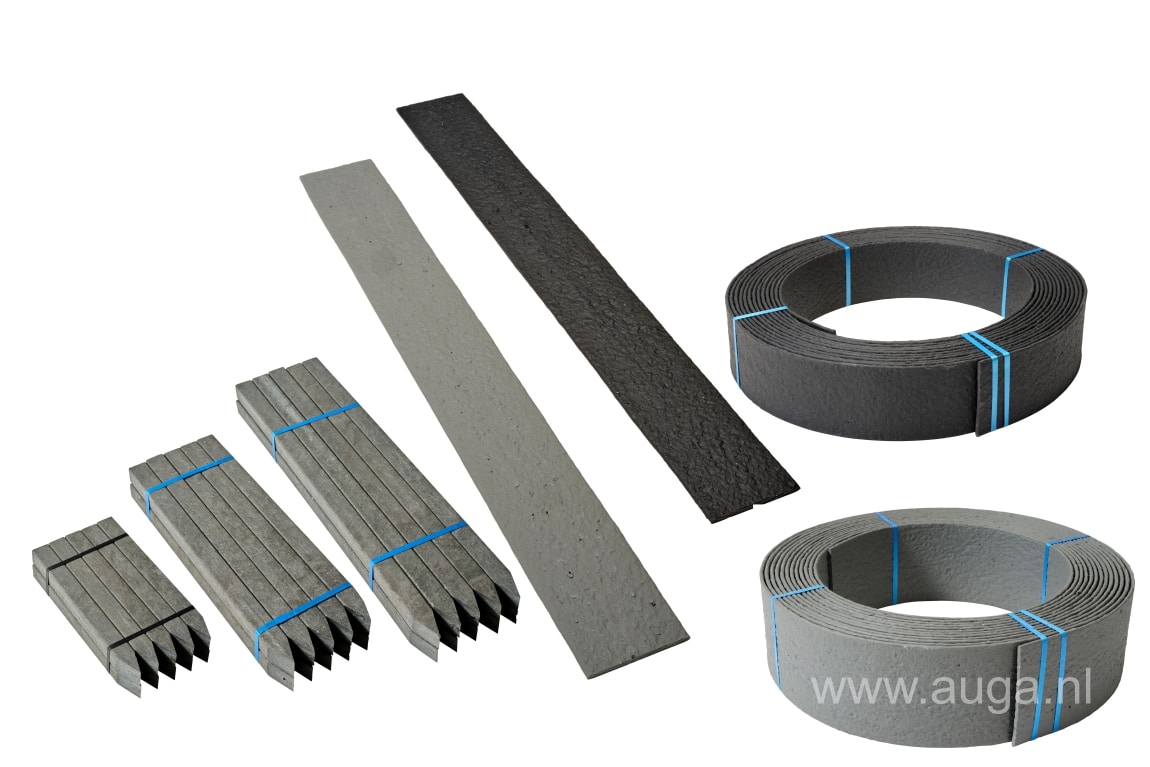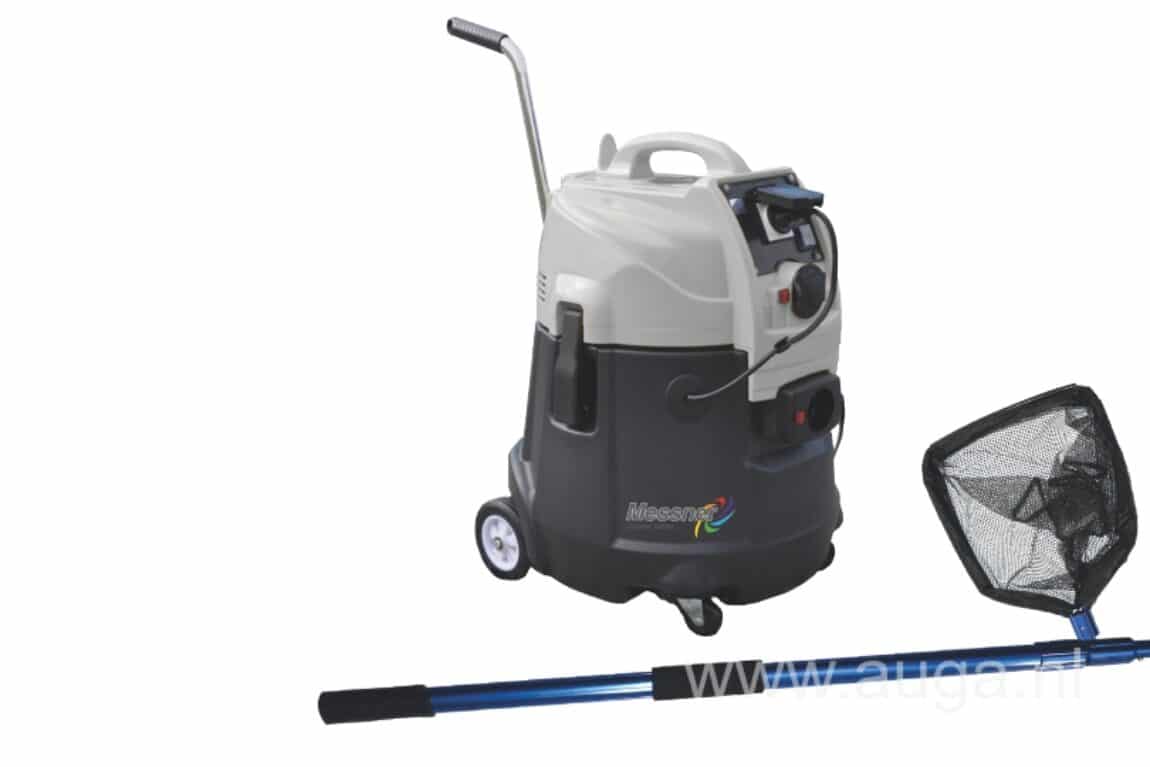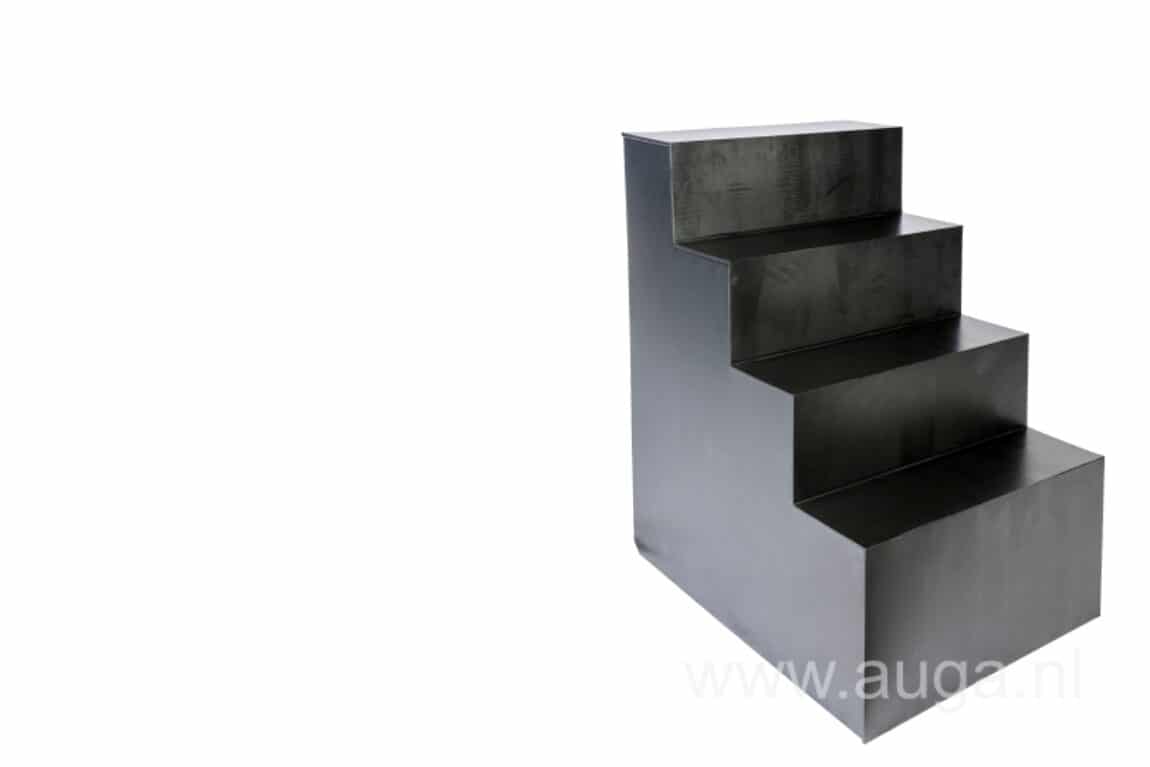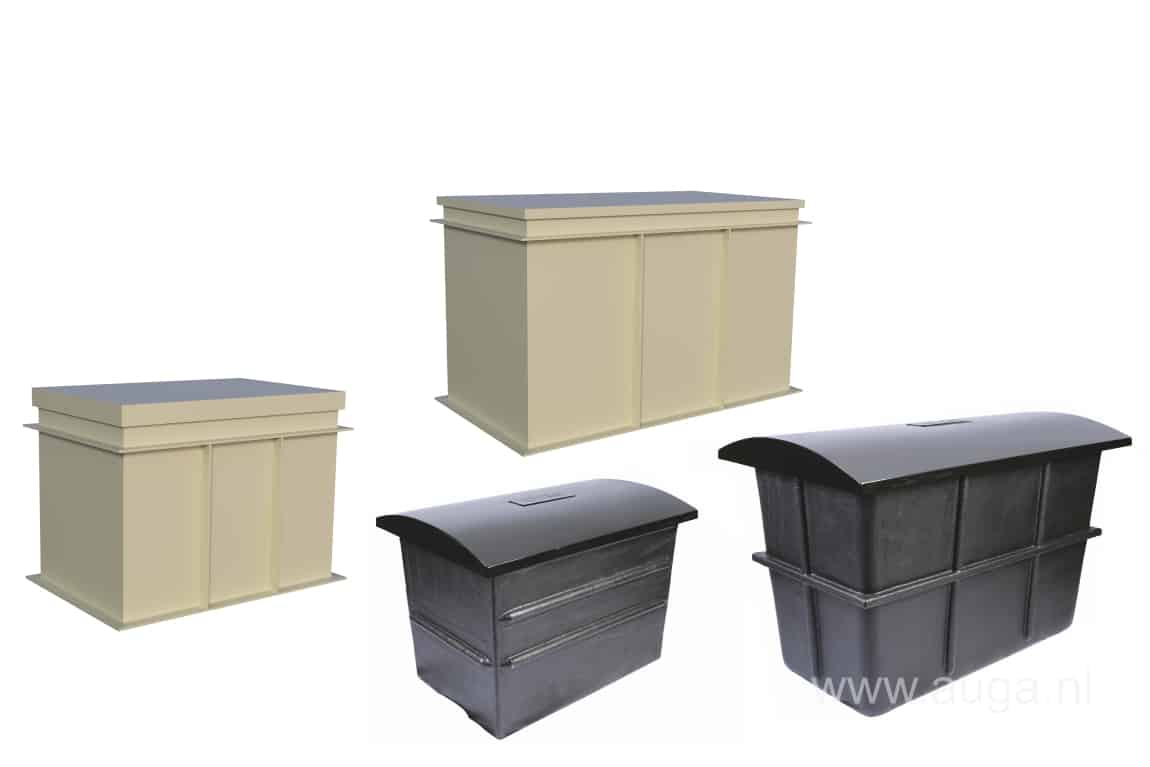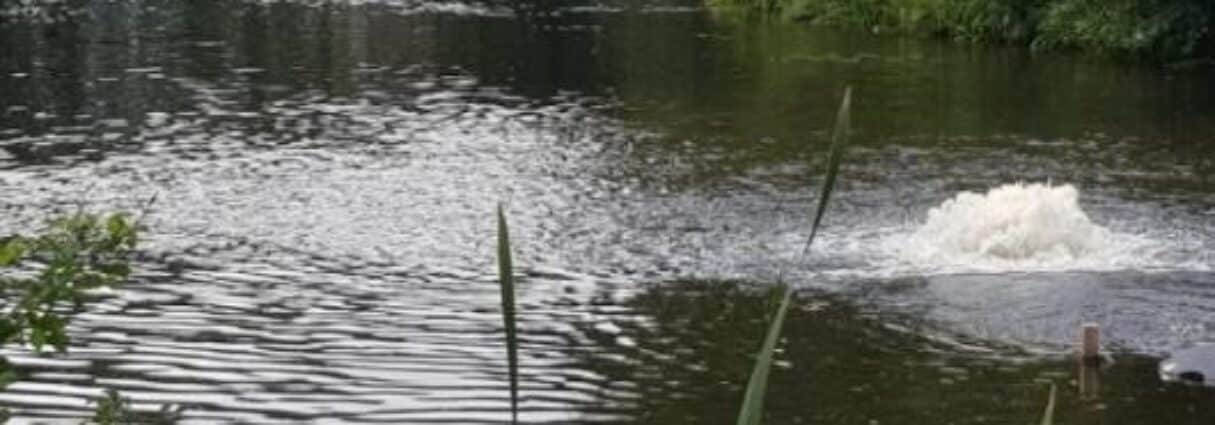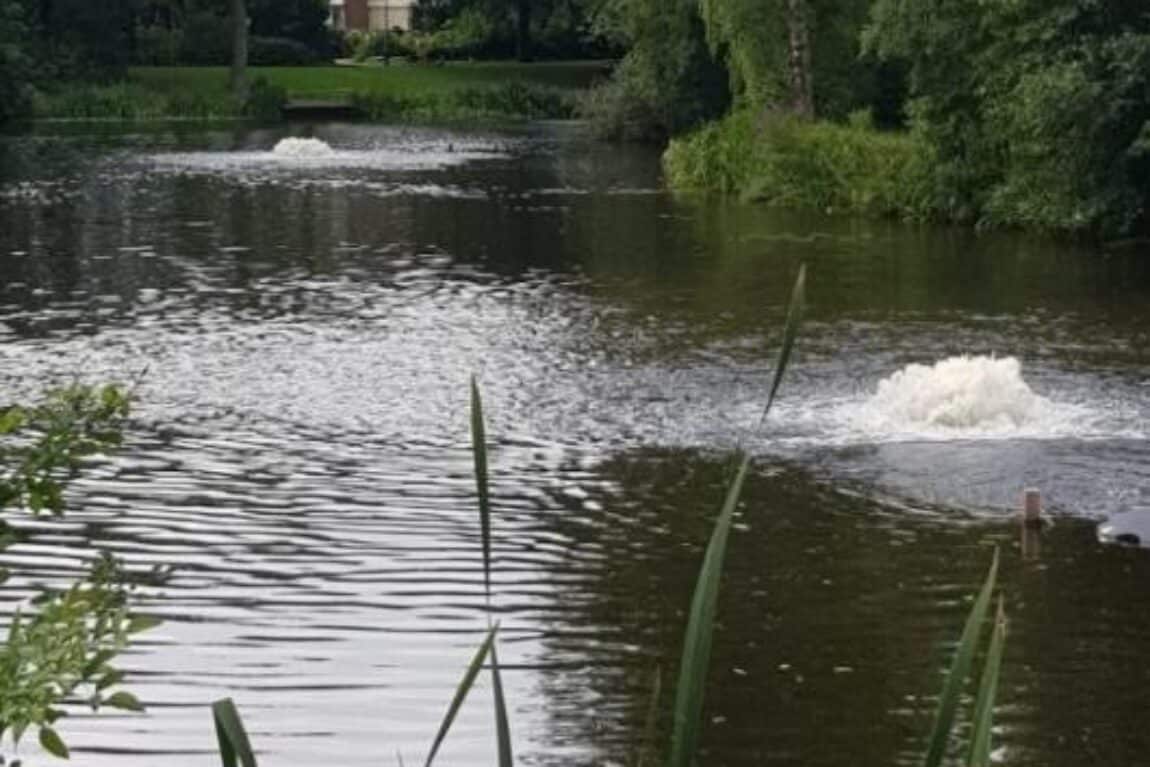City ponds Hardenberg tackled
Declining fish stocks in city ponds Hardenberg tackled
It has become a common problem; angling associations are increasingly struggling to catch fish due to declining fish populations in their fishing spots.
The remedy is to introduce more fish; however, that is not the solution. The problem needs to be addressed, and adding fish costs associations money, of course. With 726 fishing associations in the Netherlands, it has become a major issue.
Mapping the problems
The angling association in Hardenberg (in the Netherlands) unfortunately also faced these problems several times. The association leases the ponds from the municipality and brought the issue to the attention of both the municipality and Sportvisserij Oost Nederland.
Raymond Vasterink of D.S.K. Pellets and D.S.K. Sierviskwekerij from Deurningen plays a key role in this story. He not only supplies bait for angling but also works for the municipality as a park and landscape executor, giving him insight into the issues at many park and fishing ponds. He has already installed several aerators and fountains from AUGA for local municipalities.
Raymond states, “I have been working with AUGA for many years; they are always there for us when we need them. Moreover, they are flexible in responding to our needs. Installations are customized for us, depending on the on-site situation.”
So, the path to AUGA was quickly taken to engage with the stakeholders and analyze the problems. Parameters such as pond dimensions, water depth, water quality, and soil conditions, as well as infrastructure for electrical connections, are needed for this. They take into account the flora and fauna on-site and adapt installations accordingly if necessary.
Once the information is complete, an “all-in” quote is provided for the supply, installation, and maintenance advice for the devices. This is the working method of the AUGA project team.
Different causes of fish mortality
Soil pollution and stagnant, warming water were significant contributors to fish mortality in the ponds of Hardenberg.
Fish mortality is a critical issue; climate change, heat spikes, and discharges from emergency overflow of the sewage system during intense rain showers lead to a significant drop in oxygen levels, resulting in massive fish mortality and unpleasant odors.
Maintaining ponds can sometimes be a point of discussion between the municipality, water board, and users. A constructive dialogue between these parties usually brings clarity, with AUGA willingly participating as a collaborative partner.
The carrying capacity of fishing ponds is declining. Sportvisserij Nederland has investigated this issue earlier and successfully concluded a long-term test with AUGA installations. You can read the report here (only available in Dutch).
From plan to implementation
Because Raymond Vasterink already had experience with our installations in other projects and managed communication with the municipality and the angling association, we were able to work quickly.
The large, elongated ponds were equipped with a total of 4 floating Flow propeller mixers to set the stagnant water in motion and break down sediment accumulations.
Additionally, 4 floating S-Flow volume aerators were installed. The substantial water displacement from these devices facilitates temperature reduction, degassing, and oxygen enrichment.
Using multiple smaller devices is more efficient than using a few larger ones. Ponds are often organically shaped, and employing several small installations helps to address dead spots. This is not easily achieved with a few larger devices.
Furthermore, the available electrical power supply generally suits smaller capacity devices better. Each installation in Hardenberg has a motor power of only 0.75 kW to move and aerate a large volume of water.
*S-Flow in operation.
The devices are delivered “plug-and-play,” and installing the systems was a straightforward task for Raymond Vasterink, who also managed the execution. Of course, it is also possible to delegate the installation work to AUGA. We work throughout the country with various installation partners, which is more efficient and, of course, cost-effective.
The project was commissioned in the late summer of 2023. It is optimal to be proactive in addressing summer heat, so starting early with plans to install systems in the early spring is advisable.
A first evaluation of the Hardenberg project can be conducted after a full season, but the municipality has already indicated that no fish mortality has been observed.
If you would like more information about our solutions or are curious about the possibilities for your water-related issue, please contact us for a suitable solution.

